Will mid-nineties replicate in Kashmir if Taliban again rule Afghanistan, asks Riyaz Wani after going through what the leading strategic experts in India believe
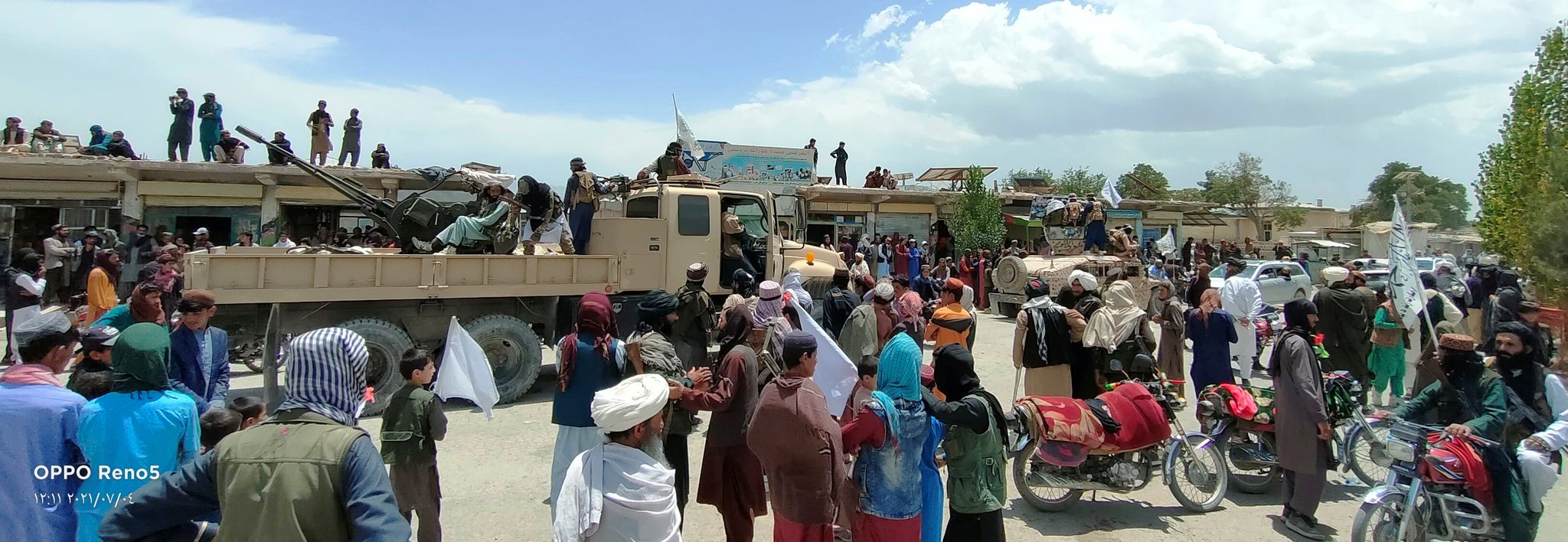
What would be the fallout of the expected takeover of the Taliban in Afghanistan on Kashmir? This question has currently been exercising the minds of many people and experts in India. And the opinion is split between those who argue a Taliban-ruled Afghanistan would pave the way for the militia to intervene in Kashmir and those who think the Taliban would not do so.
Among those who say that a Taliban government won’t affect Kashmir are the former RAW chief A S Dulat.
“Taliban will now seek international recognition, including from India. Why would they get involved in Kashmir,” Dulat said in an interview. “I don’t believe that the Taliban will now dance to Pakistan’s tunes; they have their own independent agenda”.
He added that he didn’t see the Taliban’s interference in Kashmir. “They will have to handle Afghanistan now. US troop withdrawal will only facilitate a political power moment in Afghanistan”.
But India’s former foreign secretary Kanwal Sibal has urged New Delhi to take measures to pre-empt the fallout of the possible Taliban rule in Afghanistan on Kashmir.
“India has experience of Pakistan training jihadis in Afghanistan for terrorism in Kashmir, besides of course the IC 814 incident when the Taliban were in power in the country,” Sibal wrote in a piece. “We must continue to support the legitimate government of Afghanistan politically and morally. Beyond that, we should wait and watch, see how the situation unfolds as there are many uncertainties ahead. The most important thing is to strengthen our security shield in J&K.”
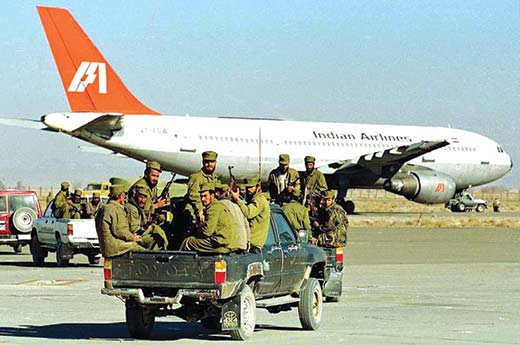
Pawan Varma, another former diplomat has also acknowledged the Taliban threat in Kashmir. “The spill-over from Afghanistan may lead to instability in this region and there could be attempts to infiltrate Kashmir and create trouble,” Varma said in an interview. He has called for outreach to Kashmiris. “We have kept the people of Jammu and Kashmir incarcerated for two years and it is time to offer freedom to them. That would help in easing the situation in the Valley and help generate goodwill”.
Crucial Year Ahead
On the other hand, a report in The Print, quoting sources in the army paints a grim picture for Kashmir should the Taliban return to power in Kabul.
“The next year will be crucial for us. The drawdown in Afghanistan and the surge of the Taliban will certainly have ripple effects in the region. The worst fear is that many of the paid fighters who were fighting American forces in Afghanistan will be diverted to Kashmir,” a source in the security establishment told the portal.
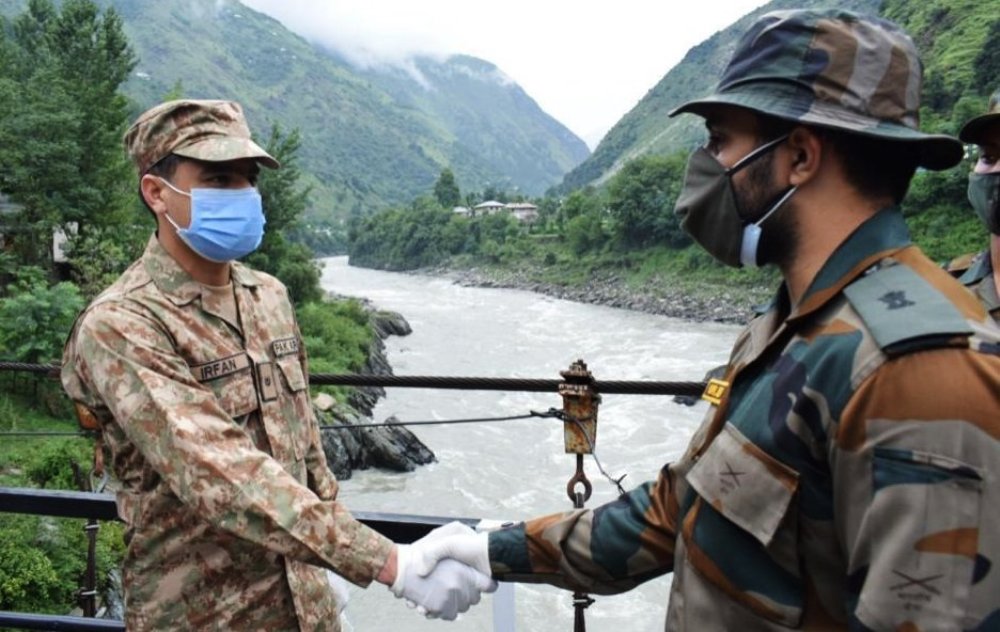
“The security forces also fear that history may get repeated. When the then USSR pulled out from Afghanistan in 1988-89, Kashmir witnessed a deluge of battle-hardened mujahideen’s, from not just Pakistan and Afghanistan, but also other countries, making their way into the Indian state,” another source, quoted by The Print, has said.
On its part, the Taliban is already on record that they have won the war and America has lost. Even when the US is on its way out, the Taliban continues to make headway in its military campaign, taking over one district after another. Taliban has even stopped engaging with the Afghan government for an intra-Afghan settlement.
Engaging Taliban
Sensing the changing ground realities in the war-torn country, India recently for the first time opened channels of communication with Afghan Taliban factions, including one of its leaders Mullah Baradar. This was a significant shift from India’s position of not engaging with the Afghan Taliban. New Delhi had, instead, chosen to throw its lot with the Afghan government. But so far, such engagement has led to nowhere.
Suhail Shaheen, the Taliban’s Political Office spokesman for international media based in Qatar has said that India was welcome to continue its aid and reconstruction work in Afghanistan after a government with the Taliban came to power. At the same time, he has urged New Delhi to remain neutral and not give the current Kabul administration any military support.
Deteriorating Situation
Afghanistan, meanwhile, is plunging into a bloody civil war. It is true that over the last two weeks Taliban are making advances in the country. What is more shocking is that the Afghan forces are hardly putting up any resistance. Taliban are almost having a walkover in most places. The US exit seems to have demoralized the Afghan forces. It seems now a matter of time before the Taliban return to power in Afghanistan.
A Pakistan brokered negotiated settlement between Taliban and the Afghan government for a power-sharing arrangement seems now more elusive than ever. Having won the war, the Taliban seem in no mood to compromise with the US-backed government in Kabul and want the entire Afghanistan for themselves.
Taliban has fought for twenty years to get to where they are now. After failing to wipe out the militia, the US has found it pointless to continue staying in the country. And after fighting the US military, the world’s most advanced war machine, to a standstill, the Taliban are finding the road to Kabul easy. The situation in the country is likely to get worse in the weeks and months to come before it stabilizes.
Geopolitical Implications
This will have huge geopolitical implications for the region. A Taliban dominated government will drastically alter the policies of the Afghan government. And India might be at a disadvantage here considering it has opposed the Taliban from day one. New Delhi’s attempt to reach out to the militia could be an attempt to insure against a Taliban takeover in Kabul.
But it is the impact on the geopolitics of the region that would be profound. Kabul could continue to be the site of the great game and the violence unless all regional countries cooperate to bring peace to the country. As recently underlined by US president Joe Biden himself, eventually, the stability in Afghanistan will have to be the responsibility of the regional powers. And it is unlikely to happen if the regional powers pursue their disparate interests as far as their approach to the evolving situation in Afghanistan.
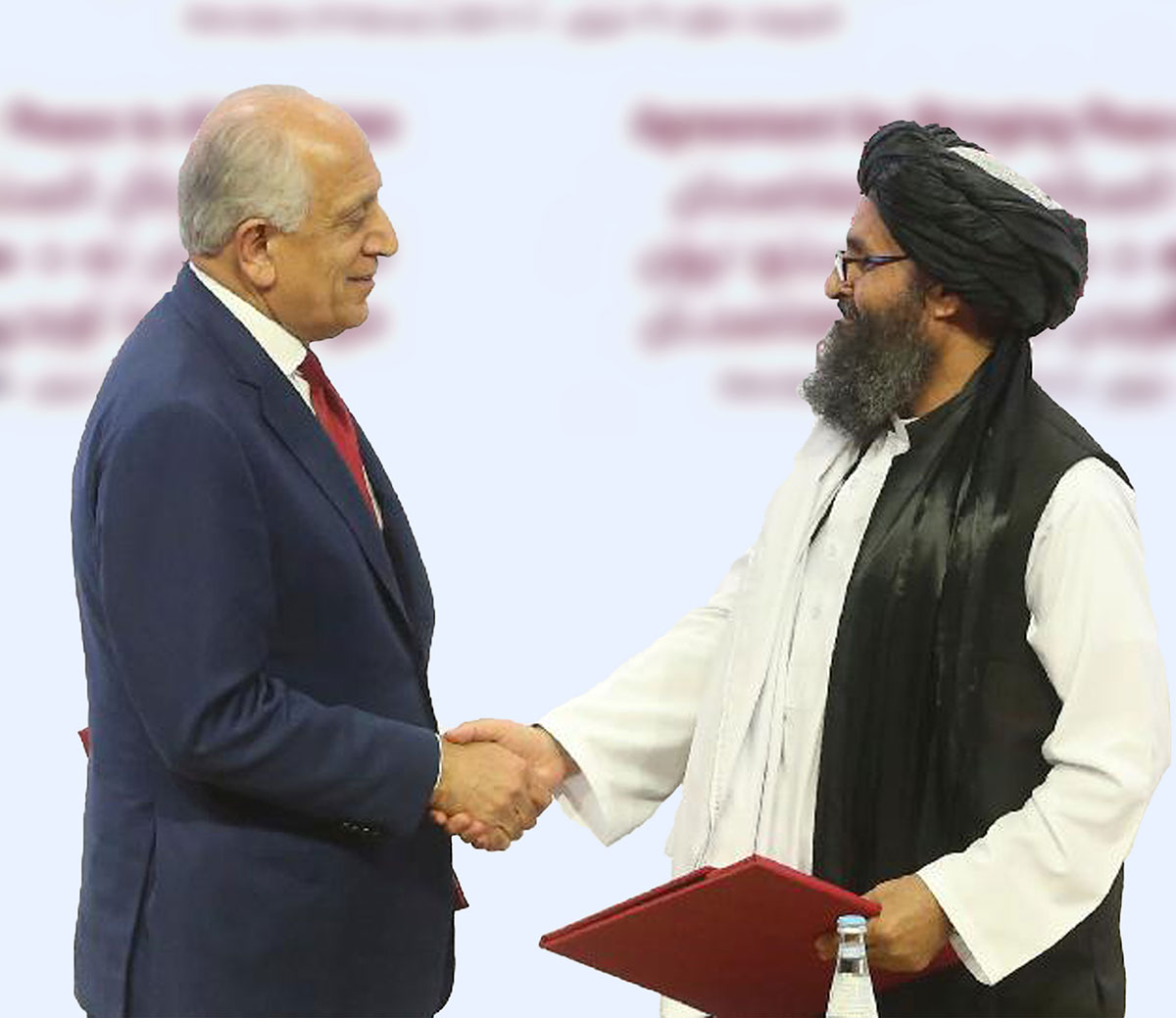
The US will also need to make some subtle adjustments in its Afghanistan policy to make it work in the long term. In its current form, the policy almost entirely neglects the regional geopolitics, prevailing issues and the contending interests of the neighbouring countries like India and Pakistan, which also keep the conflict going in Kabul. So rather than an exclusively Afghanistan-centric policy, the US also needs a broader regional approach to work for an integrated solution to the conflicts and the competing interests that in turn fuel the war.
Regional Rivalries
But will that happen? Unlikely. After reaching out to each other early this year and re-affirming the 2003 ceasefire agreement along the Line of Control in February, India and Pakistan relations seem to be back to square one.
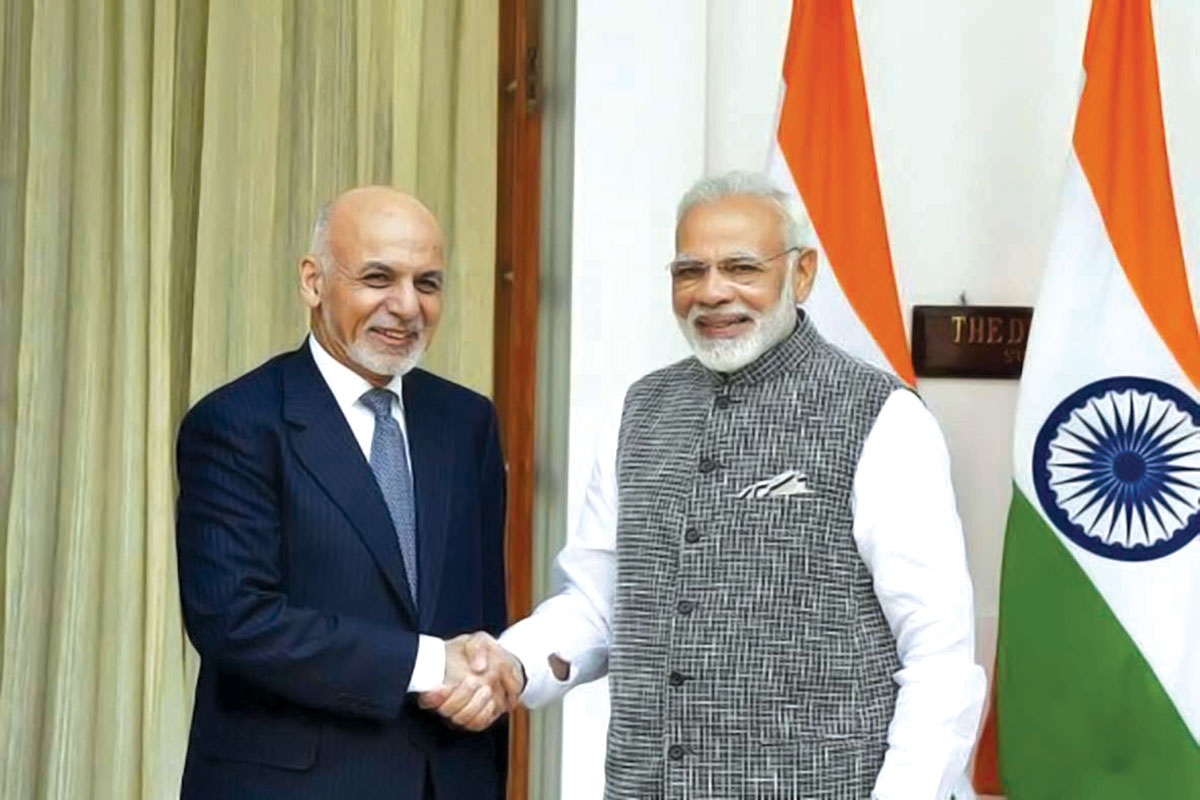
Now, both countries are putting the onus on each other to take the first step towards resuming engagement. Islamabad has made any re-engagement with India conditional to New Delhi reversing the August 5, move or at least providing a roadmap for doing so. New Delhi continues to insist on an end to cross-border terrorism before talks begin. And as things, neither country is, in a position, to meet the condition.
If the last year’s figures for infiltration and the killings of foreign militants in Kashmir are anything to go by, Islamabad has held back from supporting the local militancy. New Delhi, it seems, is unlikely to reverse the revocation of Jammu and Kashmir autonomy. It remains to be seen whether it restores statehood anytime soon.
The situation is very fluid. And it can go either way. And for now, we can only keep our fingers crossed.
from Kashmir Life https://ift.tt/2WdXwor
via IFTTThttps://kashmirlife.net
No comments:
Post a Comment